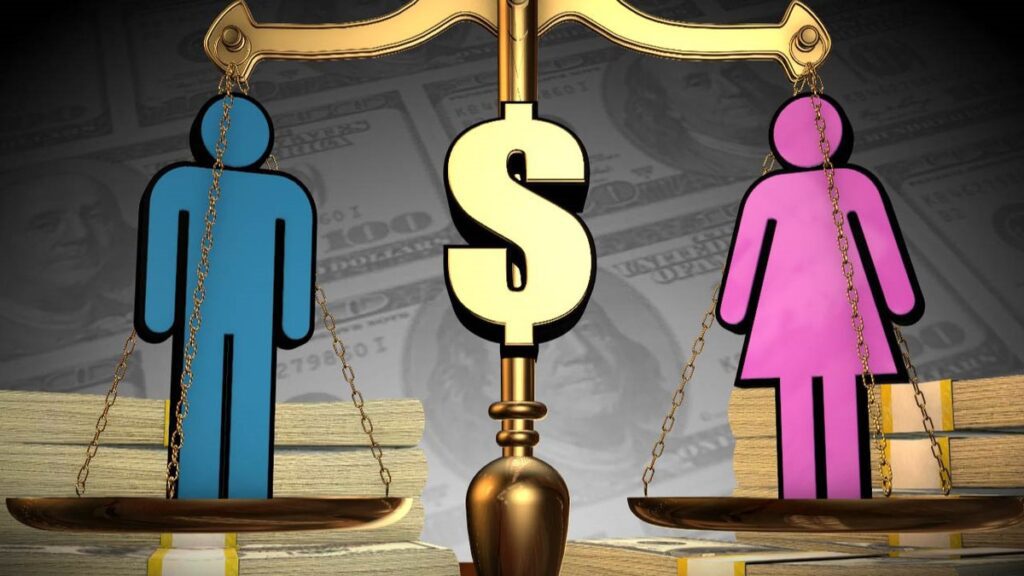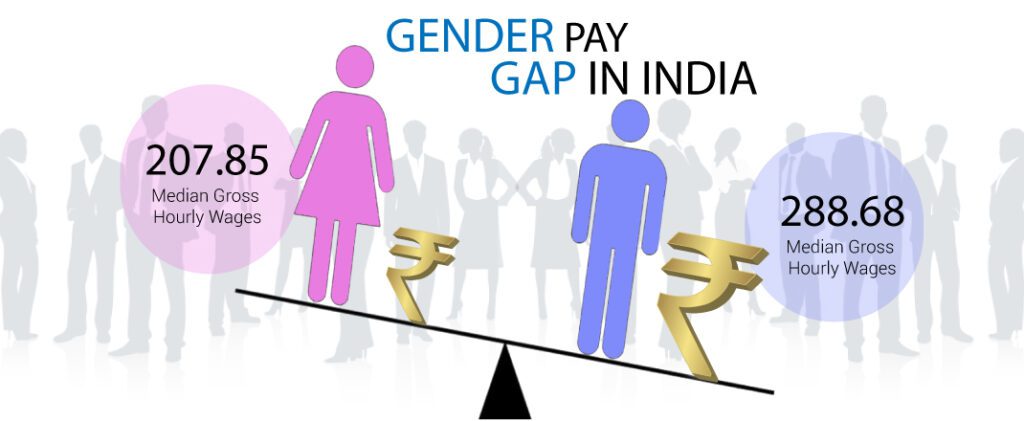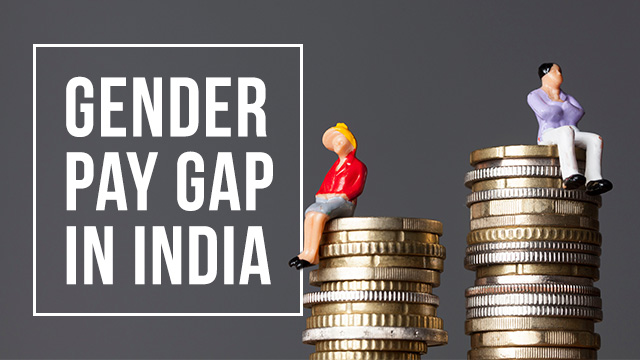The Gender Pay Gap: Striving for Equality
Closing the gender pay gap is crucial for a fair and prosperous society.

Despite progress in women’s rights and workplace policies, the gender pay gap remains a problem. This article explores the reasons behind the gap, its impact, and the importance of working towards equality.

Defining the Gender Pay Gap
The gender pay gap is the difference in earnings between men and women. It is seen globally, with women earning around 82% of what men earn on average.
Factors Influencing the Gap
Several factors contribute to the gender pay gap:
- Occupational Segregation: Certain industries pay more and are dominated by men, while female-dominated sectors offer lower wages.
- Discrimination and Bias: Biases and stereotypes affect hiring, promotions, and salary negotiations, leading to unequal pay.
- Unpaid Care Work: Women often bear a heavier burden of unpaid care work, affecting their earning potential and career growth.
- Negotiation and Confidence: Women tend to negotiate salaries less and ask for promotions less frequently than men.

The Impact and Importance of Closing the Gap
The gender pay gap has wide-ranging consequences. It limits women’s economic independence, perpetuates gender stereotypes, and widens the wealth gap. Closing the gap benefits individuals, families, and society, leading to greater economic prosperity and gender equality.
Pathways to Progress
Addressing the gender pay gap requires collaboration:
- Equal Pay Policies: Governments must enforce laws ensuring equal pay for equal work, including transparent pay structures and regular audits.
- Workplace Culture and Bias Training: Companies should foster inclusive and bias-free environments through training and awareness programs.
- Family-Friendly Policies: Supporting affordable childcare, flexible work arrangements, and paid parental leave helps women balance work and care responsibilities.
- Education and Empowerment: Providing women with education, negotiation skills, and mentorship opportunities empowers them to advocate for their rights and pursue higher-paying roles.
Conclusion
Closing the gender pay gap is crucial for a fair and prosperous society. By dismantling barriers, challenging biases, and creating inclusive workplaces, we can move towards a future where gender doesn’t determine an individual’s worth or opportunities.








